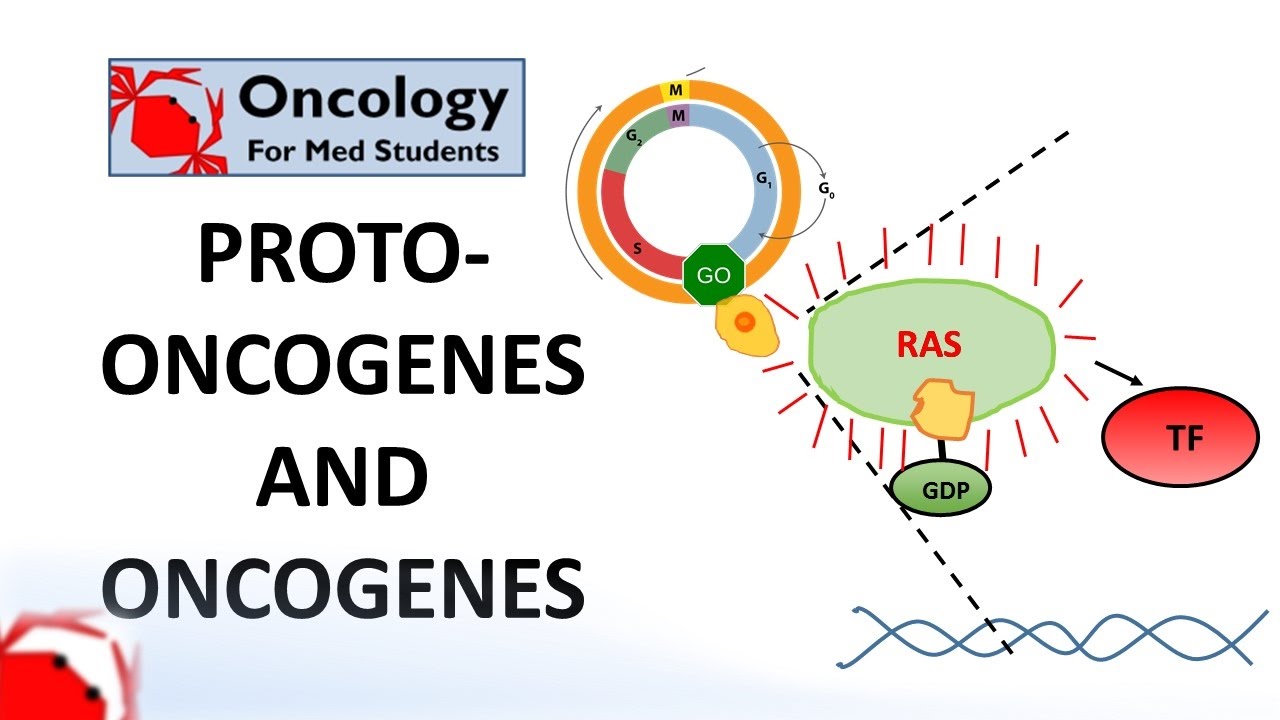Oncogene

In the intricate tapestry of cellular biology, oncogenes emerge as enigmatic orchestrators, playing a dual role that transcends their initially perceived function. Originally identified as guardians of normal cellular processes, these genes have the potential to transform into rebels, instigating the chaotic dance of uncontrolled cell growth and division, ultimately leading to cancer. This article aims to explore the multifaceted nature of oncogenes, delving into their origins, normal functions, and the intricate molecular ballet that transforms them into agents of cellular upheaval.
The Genesis of Oncogenes:
Oncogenes are not malevolent entities from inception; instead, they are genes that exist within the genome, partaking in the regulatory mechanisms that ensure the harmonious functioning of cells. Many oncogenes have homologous counterparts, known as proto-oncogenes, which perform essential roles in cellular growth, differentiation, and repair under normal circumstances. However, the transformation of these proto-oncogenes into oncogenes can occur through various genetic alterations, such as mutations or chromosomal rearrangements.
Normal Functions of Oncogenes:
Proto-oncogenes, in their unaltered state, are vital for maintaining cellular homeostasis. They encode proteins involved in signal transduction pathways, cell cycle progression, and apoptosis – processes that collectively orchestrate the orderly existence of cells within a tissue or organ. For instance, the Ras proto-oncogene is a key player in transmitting signals that regulate cell growth and division. Similarly, the Myc proto-oncogene governs the expression of genes involved in cell proliferation and survival.
The Dark Side Unveiled:
The metamorphosis of proto-oncogenes into oncogenes represents a turning point in cellular fate. Genetic alterations, such as point mutations or chromosomal translocations, can hyperactivate these genes, unleashing a cascade of events that disrupt the delicate balance of cellular regulation. Oncogenes, when in their mutated form, can drive relentless cell proliferation, suppress apoptosis, and promote the formation of tumors.
Mutations in oncogenes can occur due to a variety of factors, including exposure to carcinogens, errors in DNA replication, or hereditary predispositions. Once mutated, these genes acquire a newfound ability to drive cellular transformation, leading to the initiation and progression of cancer.
Examples of Notorious Oncogenes:
Several well-known oncogenes have been implicated in various types of cancers. The aforementioned Ras and Myc oncogenes, when mutated, are associated with several malignancies, including lung and pancreatic cancers. The HER2/neu oncogene, implicated in breast cancer, is another example of a gene gone rogue, driving uncontrolled cell growth.
Targeting Oncogenes for Therapeutic Intervention:
Understanding the molecular intricacies of oncogenes has paved the way for targeted therapies in cancer treatment. Drugs that specifically inhibit the aberrant activity of oncogenes, known as targeted therapies, have shown promising results in certain cancers. For instance, tyrosine kinase inhibitors, which target proteins involved in signaling pathways controlled by oncogenes, have revolutionized the treatment landscape for some types of cancer.
Conclusion:
Oncogenes, once guardians of cellular order, undergo a transformative journey into agents of chaos when mutated. Unraveling the mysteries of these genes provides insights into the origins and progression of cancer. The ongoing research in oncogene biology not only deepens our understanding of the fundamental principles governing cellular life but also opens new avenues for the development of targeted therapies, offering hope in the ongoing battle against cancer.





